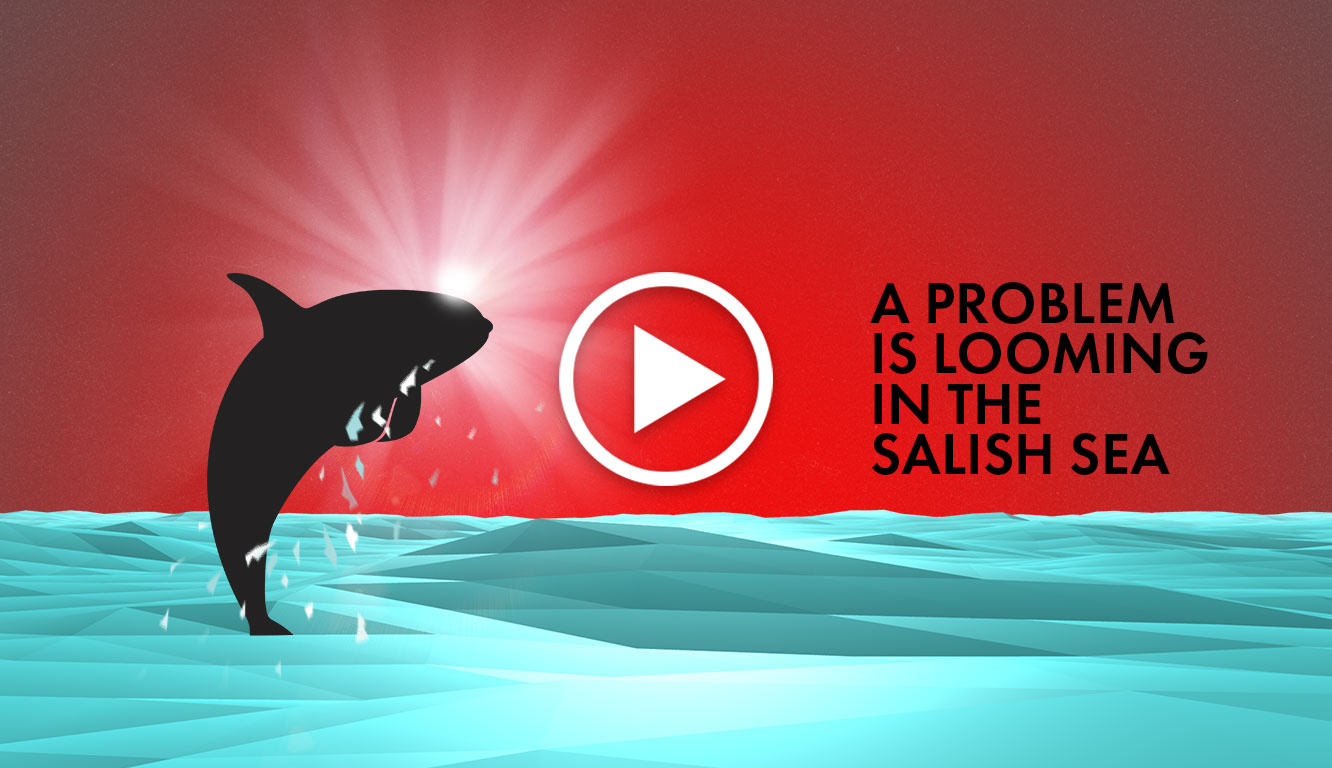Councillors in the Lower Mainland city of Delta have asked the federal government to reject or postpone the construction of a new marine container terminal, citing environmental concerns.
They voted unanimously against the Roberts Bank Terminal 2 project (RBT2) in a Monday meeting, after a federal review panel found it would have “adverse residual and cumulative effects” on the ecosystem.
“Our federal scientists have come out and said the adverse effects will be immediate, continuous and cannot be mitigated,” said Delta Mayor George Harvie in a Thursday interview.
“We need to support our federal scientists; they are the ones that I listen to.”
The Roberts Bank Terminal 2 project, or RBT2, is a proposal to build a new, three-berth terminal in Roberts Bank with the goal of supporting the future region’s trading needs.
If approved, the project — estimated to cost around $3.5 billion — would be paid for by private investments and the Vancouver Fraser Port Authority.
According to the project’s website, the new terminal would be located in “deep, subtidal waters to minimize new environmental effects.”
“We take Delta’s concerns seriously, however the project was reviewed by the independent review panel that weighed all evidence on both sides,” said Duncan Wilson, vice-president of environment and external affairs with the Vancouver Fraser Port Authority, in an interview.
“They made a number of recommendations on what would be required for the project to proceed, and we believe those are implementable.”
The panel’s report came with 71 recommendations to mitigate concerns about noise, pollution, marine mammals, migratory birds, local socio-economic conditions, quality of life impacts and more.
The report found the project’s proposed offsetting plan for aquatic species, totalling 29 hectares, would be “insufficient to compensate” for the project-induced habitat loss of 177 hectares. Wetlands would be negatively impacted, as would several species including the barn owl, Dungeness crab, and Chinook salmon.
The report also noted RBT2 would cause “significant adverse and cumulative effects” on use of lands and resources by several First Nations whose traditional territories overlap with the project and shipping area. Tsawwassen First Nation and Tsleil-Waututh Nation, in particular, would suffer adverse effects on cultural heritage.
In a letter penned Thursday to federal Environment Minister Steve Guilbeault, 12 scientists with expertise on Chinook salmon, southern resident killer whales and the Fraser River estuary urged Ottawa to reject RBT2.
“We evaluated the threats facing 102 species of conservation concern in the Fraser River Estuary, and found that pursuing projects that further reduce the habitat for these at-risk species will only further their decline,” said Tara Martin, a professor in the Forest and Conservation Science Department at the University of British Columbia, in a news release.
“Our research shows that species recovery requires implementing cost-effective conservation-based science that is supported by a management plan and co-governance.”
The City of Delta’s motion asks the federal government to either reject RBT2, or postpone a decision on it until the impacts of another project — Global Container Terminals’ Deltaport Berth 4 — can be fully assessed.
That proposal, if approved, would expand an existing container storage and handling facility in Delta, adding a fourth berth on the east side of the Robert Banks Causeway. It would also expand Global Container Terminals’ semi-automated intermodal railyard along the causeway.
“It’s building incrementally off the existing terminal … so a lot smaller physical footprint,” said Marko Dekovic, public affairs vice-president for Global Container Terminals, in an interview.
“Yes there’s going to be some environmental impacts from the expansion, that’s why we’re undertaking the impact assessment process … compared to Robert Banks Terminal 2, they’re proposing to build a whole new island out there, double the size of the causeway, triple the size of the physical footprint and environmental impact.”
Wilson of the Vancouver Fraser Port Authority said the location of RBT2’s terminal is “based on the advice of the federal government over many years.”
The authority was told to move expansion proposals closer to the shore further into deep water, he explained, where it will have “the least environmental impact.”
“We’re confident we can deliver the project in a way that will mitigate the impact on the environment, protect whales, and create something in the neighbourhood of about 163 football fields’ worth of new fish habitat, which will be very beneficial to juvenile salmon,” he said.
Delta councillors, meanwhile, have also called on the provincial and federal governments to undertake a regional environmental assessment of the Fraser River estuary and Salish Sea, and develop a long-term environmental management plan for the region.
Public submissions for or against RBT2 have been extended until mid-March.
This article originally titled Councillors ask Ottawa to can marine container terminal project in Delta, B.C. written by Elizabeth McSheffrey was originally published on Global News.
Until March 15, the public can submit comments to urge the Federal government to reject the Roberts Bank Terminal 2 expansion. Raincoast.org has provided this helpful web page with instructions and templates.
Watch: Port of Vancouver’s expansion project will disrupt important marine ecosystems
